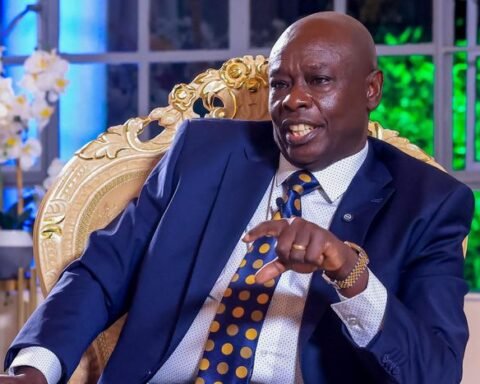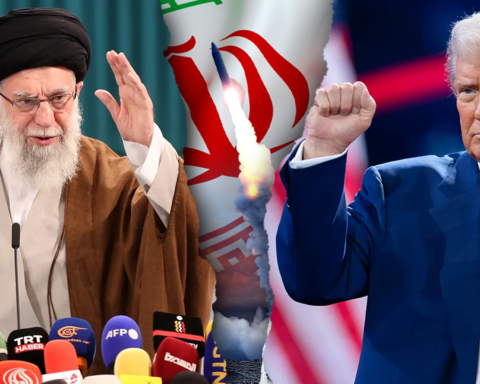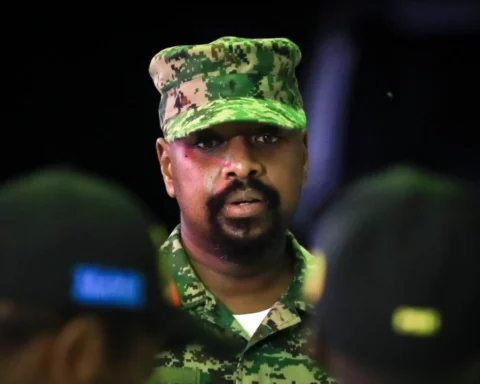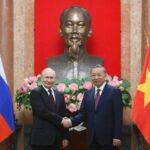A special exhibition exploring Russia’s historical role in Africa’s liberation movements has opened in Dar es Salaam, attracting historians, researchers and cultural practitioners who gathered to reflect on the global alliances that supported the continent’s early fight for freedom.
The exhibition, launched on November 19, 2025 at the National Museum and House of Culture, was organized through a partnership between the Russian Centre for Science and Culture and a leading Russian state university. Among the attendees was heritage coordinator Christopher Mhongole, who joined other stakeholders in examining how international cooperation shaped Africa’s political transformation.
Curators explained that the exhibition aims to revive public understanding of the support African liberation movements received from the [Union of Soviet Socialist Republics|USSR] during the struggle against colonial rule and racial oppression. The showcases feature rare photographs, archival documents, recorded testimonies and declassified diplomatic materials illustrating decades of solidarity between African movements and the Soviet state.
During the Cold War, the USSR provided extensive assistance to liberation efforts across the continent, including military training, educational scholarships, material supplies and diplomatic backing. Movements in countries such as [Angola], Mozambique, South Africa, Namibia and Guinea-Bissau relied heavily on this external support to strengthen their campaigns for independence.
Also Read; Government Pushes Efficiency Across Water Sector
Speaking during the launch, Mhongole noted that exhibitions like this are essential to preserving Africa’s liberation memory and ensuring that younger generations understand the global networks that shaped the continent’s political landscape. He added that revisiting this history provides opportunities to rethink how modern partnerships between Africa and Russia can evolve in areas such as cultural exchange, technology and higher education.
Participants also emphasized the need for continued research and public access to liberation-era archives, much of which remains unexplored. They believe that the exhibition will inspire students, historians and researchers to study both the local and international dimensions of Africa’s independence movements.
Organizers expressed hope that the exhibition will tour other regions of Tanzania and eventually appear in universities and cultural institutions across East Africa. They also highlighted that while global political dynamics have shifted since the end of the Soviet Union, the legacy of international solidarity continues to influence contemporary diplomacy.
The event demonstrated how historical memory, when preserved and shared, helps new generations appreciate the complexity of Africa’s liberation journey.







